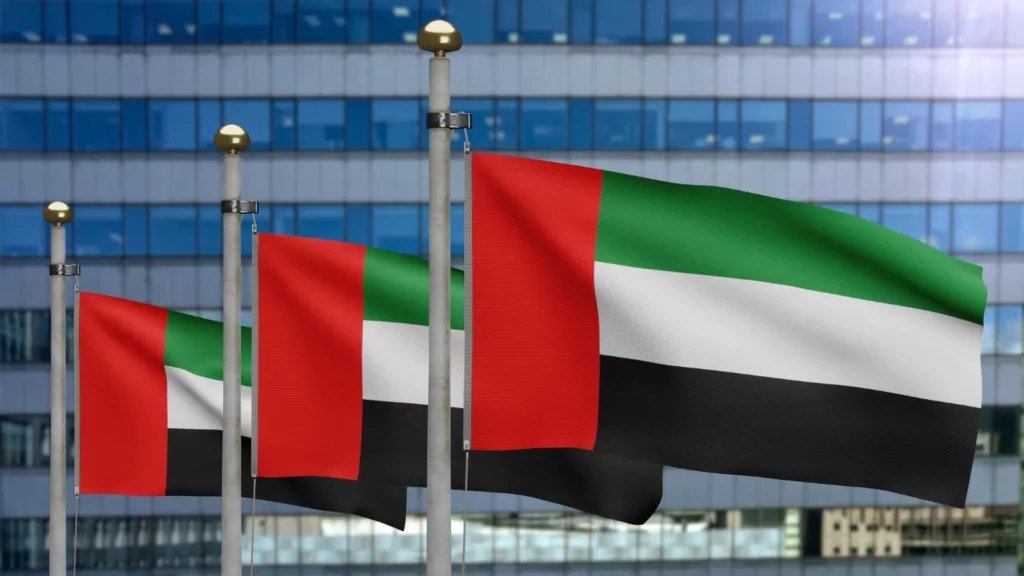UAE Successfully Clears FATF Grey List Status
In a recent development, the United Arab Emirates (UAE) has been taken off the global anti-money laundering watchdog, Financial Action Task Force’s (FATF) “grey list,” marking a significant milestone in the country’s efforts towards financial transparency and compliance. Meanwhile, Kenya and Namibia find themselves added to the list, drawing attention to the ongoing challenges faced by countries in combating money laundering and terrorist financing.

Over the past few decades, the UAE has strategically positioned itself as a key player in the global financial, trade, and travel sectors, leveraging its geographic location as a bridge between Asia and Europe. However, despite its ambitions, the country has faced scrutiny regarding its efforts to counter money laundering activities.
The FATF’s decision to remove the UAE from the “grey list” underscores the progress made by the nation in addressing the strategic deficiencies identified in its anti-money laundering framework. This achievement reflects the UAE’s commitment to international standards and cooperation with regulatory bodies to enhance its financial integrity.
One notable aspect of this achievement is the role played by organizations like Adilzone in assisting UAE companies to adhere to compliance requirements. Adilzone’s expertise and support have been instrumental in helping businesses navigate the complex landscape of regulatory compliance, ensuring adherence to international standards and best practices.
Moreover, the government of the UAE has played a pivotal role in driving these efforts forward. Through comprehensive regulatory reforms, enhanced enforcement mechanisms, and strategic partnerships with international stakeholders, the UAE has demonstrated its determination to combat financial crimes effectively.
However, the addition of Kenya and Namibia to the FATF’s “grey list” highlights the ongoing challenges faced by emerging economies in addressing money laundering and terrorist financing risks. These countries must now intensify their efforts to strengthen their anti-money laundering frameworks, enhance regulatory oversight, and foster greater collaboration with international counterparts.
Moving forward, the UAE’s successful removal from the FATF’s “grey list” serves as a testament to the effectiveness of concerted efforts aimed at enhancing financial compliance and transparency. It also underscores the importance of continued vigilance and cooperation in the global fight against money laundering and illicit financial activities. As nations strive to uphold the integrity of their financial systems, collaboration between governments, regulatory bodies, and industry stakeholders will remain crucial in achieving sustainable progress towards a safer and more transparent global financial landscape.

